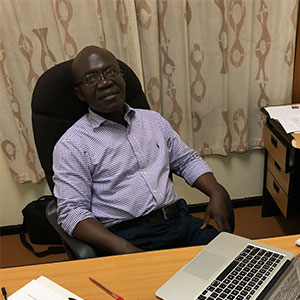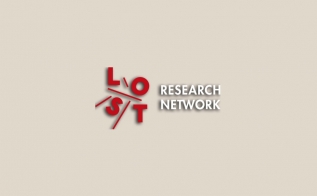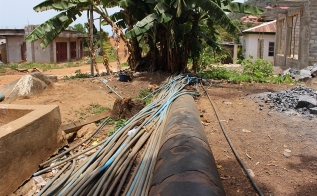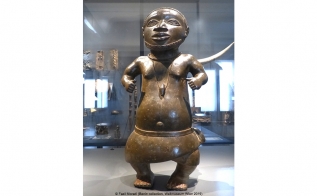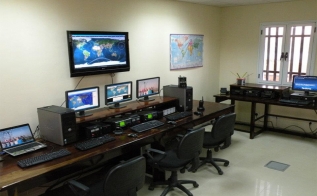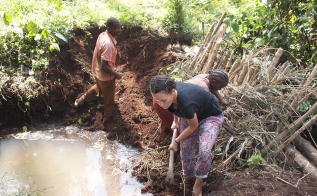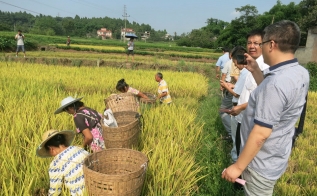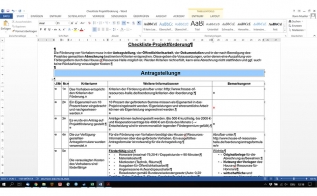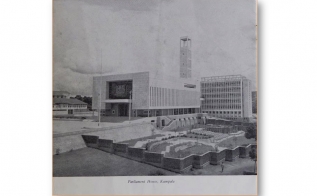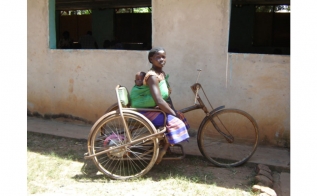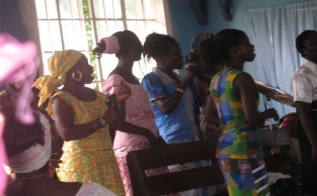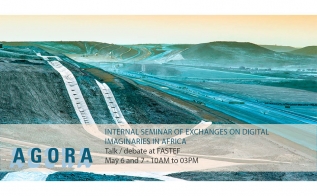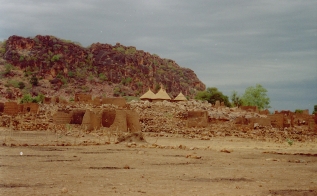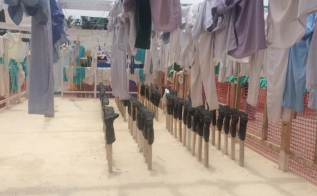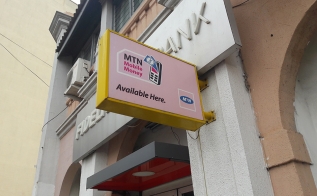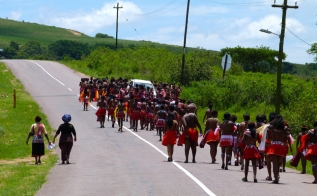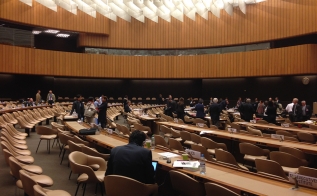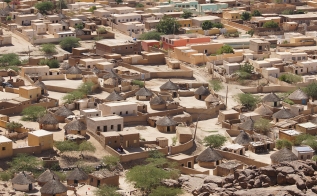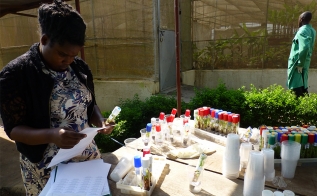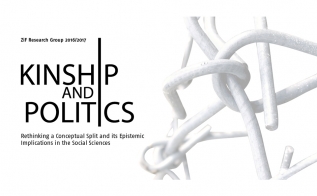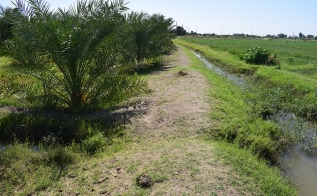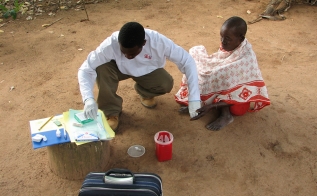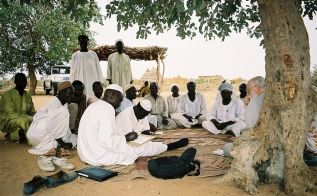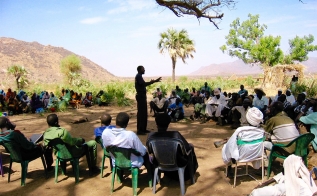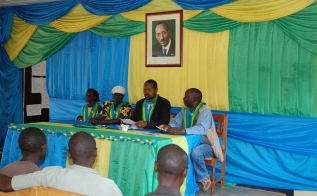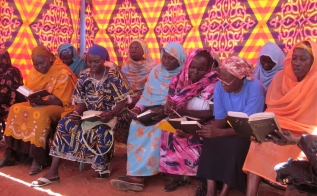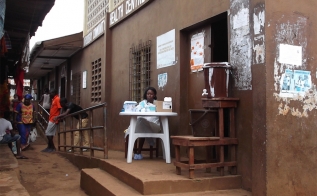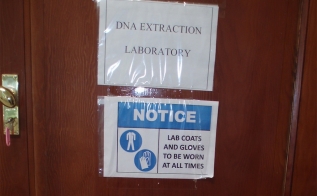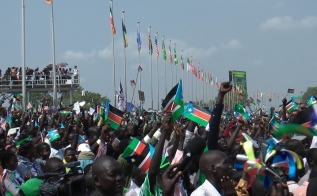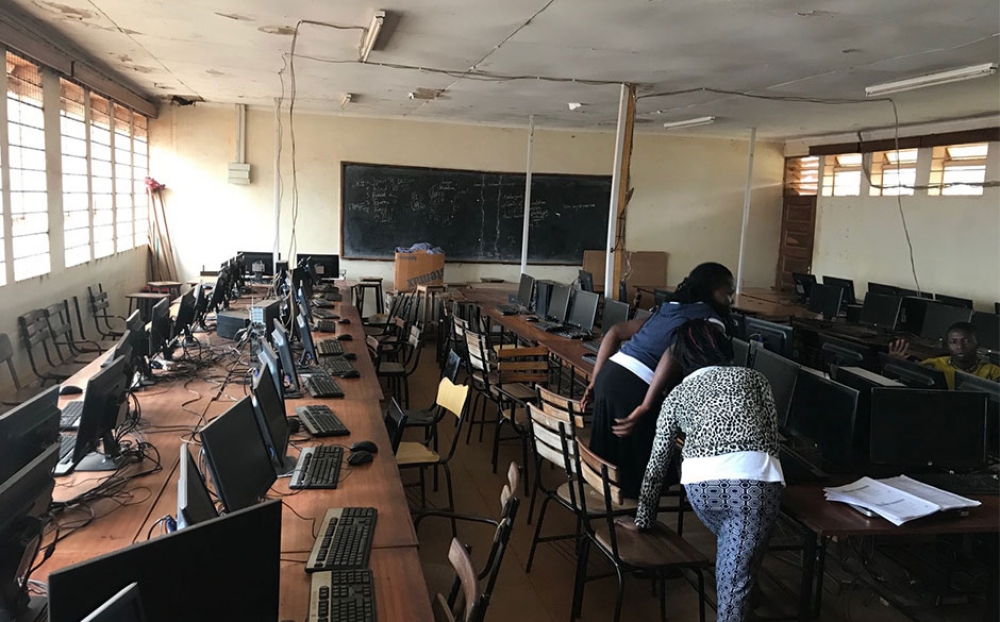
Description
The “Curriculum Development at African Higher Education Institutions (HEIs)” has built on research findings and scientific collaborations established and maintained within the DFG Special Priority Program “Adaptation and Creativity in Africa. Technologies and Significations in the Making of Order and Disorder” (SPP 1448, 2010 – 2017). We have worked on the dissemination and translation of knowledge generated by the SPP, focusing in particular on knowledge about the social and cultural dimensions of science and technology developed and/or deployed in African contexts. The assumption has been that this knowledge is valuable and needed not only in the field of the humanities and the social sciences but also in the field of engineering and medicine.The aim of this project was to publish five open-access volumes of case studies that will stimulate curiosity about how science and technology play an important role in African contexts. The first volume was published in November 2023 and the following volumes will be published by the end of 2025. Our publisher is Brill Press.
In more practical terms and with one of our guiding question “When is (the internet) a resource?” we aimed to capture some of the effects of broadband internet and access to digital products in African HEIs. Beyond digital innovation in the classroom and on campus, the project has critically explored employment opportunities of graduates and analyzed the impact of the ‘gig economy’ (e.g. crowdsourcing platforms & digital factories) in the region.
Having selected the Department of Computer Science at Gulu University in Uganda as main partnering institution for this part of the project, we have explored learning infrastructures and (digital) opportunities for students, graduates and lecturers. To enrich teaching and learning experiences, we have introduced an offline digital archive that provides access to massive open online courses (MOOCs) on relevant topics in the second intervention. This take-home video component of “Curriculum Development” was conceived, designed and implemented by a team with the following members:
Richard Rottenburg (PI), Ed Akerboom (Programer), René Umlauf (Researcher), Benedict Oyo (Department of Computer Science, GU), Daniel Ogenrwot (Department of Computer Science, GU), and David Pakono (ICT Directorate, GU)
Key publication
Breckenridge, Keith (2019) "The Failure of the ‘Single Source of Truth about Kenyans’: The National Digital Registry System, Collateral Mysteries and the Safaricom Monopoly" in African Studies 78 (1).
Rottenburg, Richard (2021) "Changing Codes in Search for Liminal Pathways." in Digital Imaginaries: African Positions Beyond Binaries , edited by Richard Rottenburg, Oulimata Gueye, Julien McHardy and Phillip Ziegler, 286-319. Bielefeld & Berlin: Kerber.



